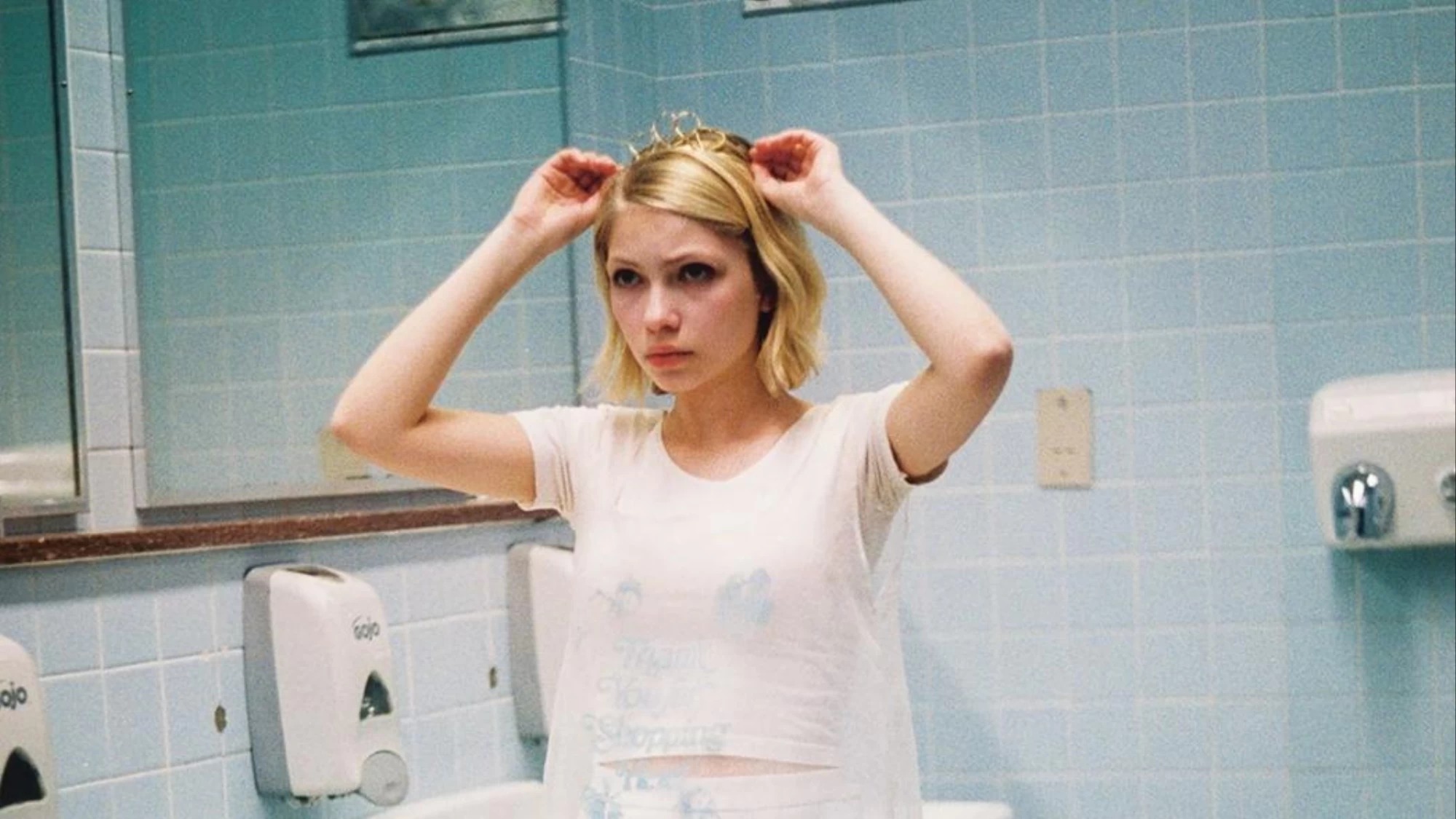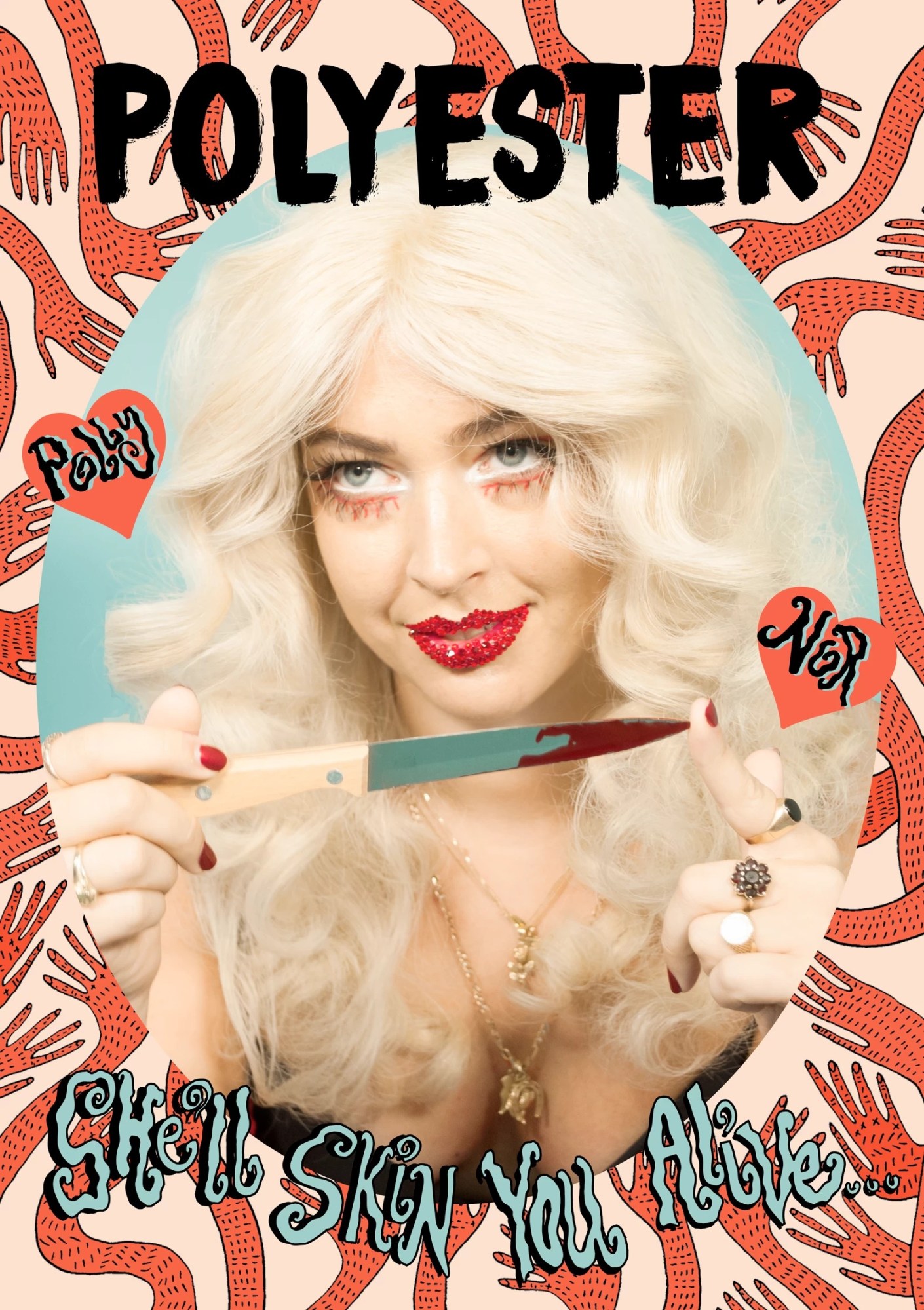When Tavi Gevinson announced the closure of her website for teen girls, Rookie, last week; the hearts of a million millennial girls broke world over. Founded by Gevinson in 2011 off the back of her blog, Style Rookie, and a desire to create a better world for teenage girls, the website provided a genuine safe space online. But just seven years on, no longer viable in a world of spon-con, personal brands and Insta-influencers, Rookie has shuttered.
“In one way, this is not my decision, because digital media has become an increasingly difficult business, and Rookie in its current form is no longer financially sustainable,” Tavi wrote in a farewell post. “And in another way, it is my decision — to not do the things that might make it financially sustainable, like selling it to new owners, taking money from investors, or asking readers for donations or subscriptions.” For those who loved Rookie, its closure signals the end of an era, and the end of adolescence. It represents one less place online in which we can be free from marketing, free from cynical pseudo-feminism, and one less tiny corner of the internet that allowed girls to be freely themselves.

With all the spirit of a DIY zine, Rookie took the essence of online girl culture bubbling away on social media and blogs and legitimised it through a bonafide publication. Through ask a grown columns, make-up tutorials, and how-to guides, the website broke down the exclusivity barriers still upheld by most media conglomerates. It spoke to girls in a language they knew — their own. Rookie had the spirit and authenticity of early-era Tumblr. It felt like a genuine community, one in which young people could find their people. A big sister, a best friend and a much needed confidant all at once. Where other companies used hierarchy and social exclusivity masked as aspiration as a marketing strategy, anyone could become a part of Rookie.
When the site first appeared in the online sphere, women’s media was vastly different to what we see today. ‘Wokeness’ hadn’t yet entered public lexicon, Teen Vogue wasn’t publishing guides on how to have safe anal sex. In short, identity politics hadn’t yet trickled into the minds of old white men sitting in board rooms. It wasn’t yet profitable to be socially conscious. Growing up online through the early days of social media often felt like half-existing in an amazing secret world. A world free of censorship and nipple bans; where teenagers were free to write lengthy over-sharing Tumblr posts, to talk about sex, their bodies, mental health, and make questionable artwork previously confined to the pages of a paper diary. Rookie took that world and built a creative community. A place for teenagers to get paid, to hone their craft and find their people. In return, Gevinson made Rookie a successful media brand built on authenticity.
As editor, Tavi showed young women that not only their voices and opinions were valued, but that there was a place for them to thrive and create. She opened up worlds that had previously existed behind closed doors, accessible by the very few. Many women now in their 20s witnessed Gevinson’s rise during their own teens and thought, ‘maybe I could do that too’. During its seven year tenure, the site launched and nurtured countless creative careers, and inspired many more. Rookie alumni includes Petra Collins, as well as writers such as Hazel Cills, Ashley Reese, and visual artists like Rachel Hodgson. But more than the names underneath its contributors tab, the site planted the seed for a whole new era of female-led publishing and community to thrive.

From zine culture such as my own publication Polyester, as well as Gal Dem, OOMK and more, to the countless DIY femme-led events such as zine fairs, workshops and panels cropping up around the world every weekend. Rookie has fundamentally altered how young women and queer people consume and create. But as well as igniting a whole host of similarly independent and grassroots efforts, a more insidious brand of women-led content has emerged following Rookie’s success. The publication’s popularity introduced youth-oriented feminist ideas to mainstream media — a media ultimately still controlled by old, cis, straight white men — which in turn was able to manipulate and mutate femme empowerment for profit, peddling things like diet culture under the guise of self-care in order to sell products.
The site joins a depressing and ever growing list of high profile and independent media folds of the past two years; Lenny, Toast, Hairpin, as well as Nylon and Teen Vogue in print and many more. But unlike the aforementioned, Rookie’s demise feels personal. It feels like a win for the sites with six-figure marketing budgets that value easily digestible ‘girl power’ over nuanced conversation. The future of our media feels very much back in the hands of conglomerates run by upper class board members who’ll hop off ‘woke’ content when it no longer serves their profit margins.
Gevinson’s final heart-wrenching editor’s letter battles with all of these issues and more. It chronicles her journey to try and secure funding for Rookie, and her eventual decision that the pursuit for outsider funds felt too much of a compromise to continue on with — that it would ultimately lead to the platform becoming everything she wanted to avoid. But more than monetary issues, the letter touches upon feelings I know all to well, and thoughts that often circle round the minds of my peers and many marginalised people hoping to build a career in the creative industries.
That feeling is one of ‘scammer syndrome’, and of building something you no longer know how to sustain. The ever-present knowledge of your outsider status and the feeling that you are unequipped as to how to convince others that your business, or your art, or your creativity are worth other people’s time and money. While brand sponsored collectives and clickbait websites shove the idea of being a ‘girl boss’ down our throats, it seems that the only projects that succeed are the ones started by big money to begin with. Genuine projects continue to shutter, and emerging artists remain unable to sustain an income.
Gevinson writes in the letter that the decision to close Rookie “almost doesn’t feel like it should be up to me, because it has such a full life of its own, and is so connected to the lives of others”. When eulogising something that’s now gone, it’s all too easy to feel the gaping hole it leaves behind will never be filled. But Rookie has already succeeded in inspiring a whole host of new publications and collectives to invigorate the next generation of young creators. While many financial barriers are still in place, in many ways it’s never been easier to start your own platform and be the change you want to see in the media. Now it’s up to us as consumers and creators to put our money where are mouths are, and ensure all the creative endeavours we love do not disappear.

